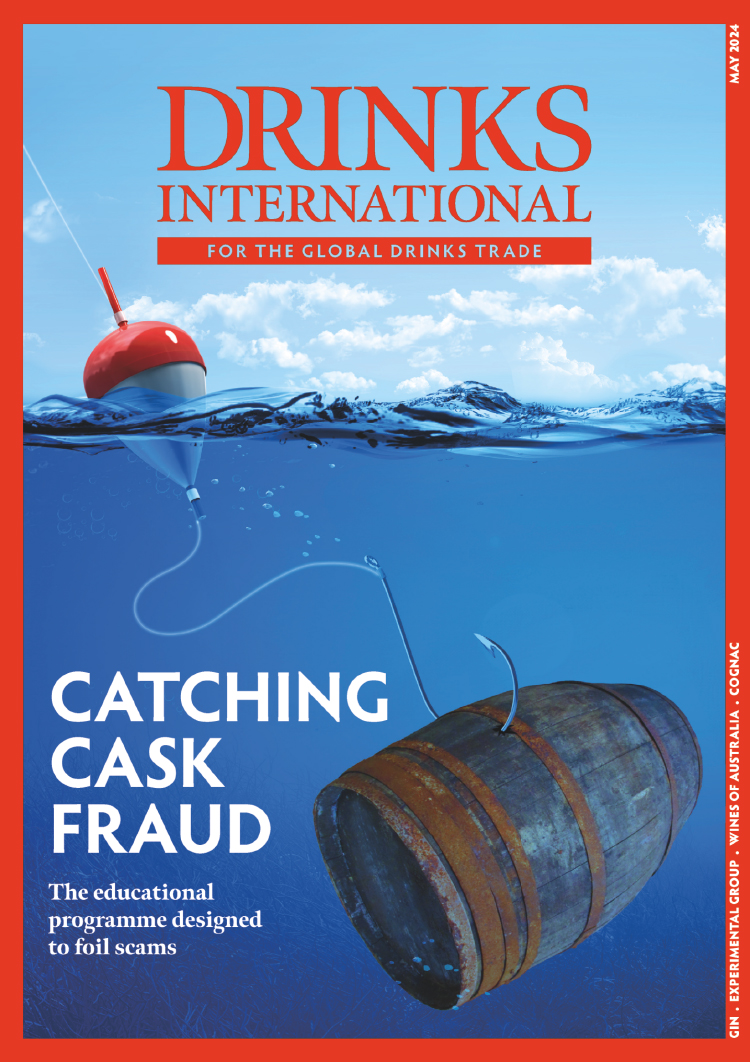Research has revealed that 37% of British adults drink more alcohol than the government recommends.
The Office of National Statistics figures, based on a 2007 survey, showed that over a third of adults exceeded daily benchmarks and 20 per cent drank more than double on their heaviest drinking day.
Government advice suggests men should not exceed three or four units of alcohol a day, with a limit of two to three units for women.
The research found more men than women exceeded the limit.
Stats also showed that those living in "managerial or professional" households were likely to drink more than those in "routine and manual" households.
It is thought the research will prompt calls to add unit measurements to alcohol packaging.
Owen Warnock, partner and food law expert at international law firm Eversheds said:
“Alcohol labelling is governed by European law, which requires the alcoholic strength to be clearly marked. The trouble is that this figure is a percentage, so it does not enable a consumer to work out how many units he or she will be consuming - unless they also look for the quantity marking and do some mental arithmetic.
“It certainly would assist consumers to judge their alcohol consumption if bottles and cans had to be marked with the number of units they contained. However it would not be as easy as one might think to introduce a British regulation requiring such labels. This is because doing so would create an indirect barrier to free trade across the EU - drinks businesses based outside the UK would have to label their products specially for the UK market. However, there is a special exemption which permits EU member states to introduce national rules of this kind if it is necessary for the protection of public health. Denmark used this exemption to introduce restrictions on trans-fatty acids in foods, so it can be done.
“So, if the Government is persuaded of the case for mandatory marking of units of alcohol it has two options: either to persuade other EU countries to agree such a requirement in the new draft Food Information Regulation, which is currently proceeding through EU legislative process, or to "go it alone" with a national regulation. If the Government took the latter course, then they might face a legal challenge form the EU to test whether the health grounds for mandatory labelling are sufficiently compelling to enable the special exemption to be used.”



